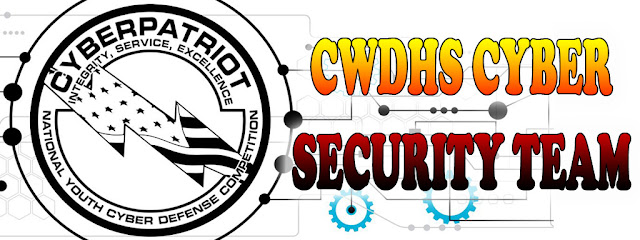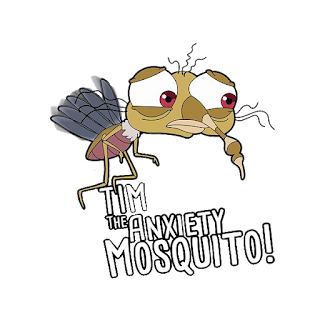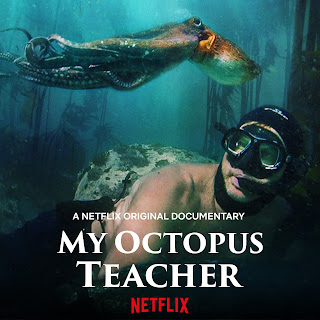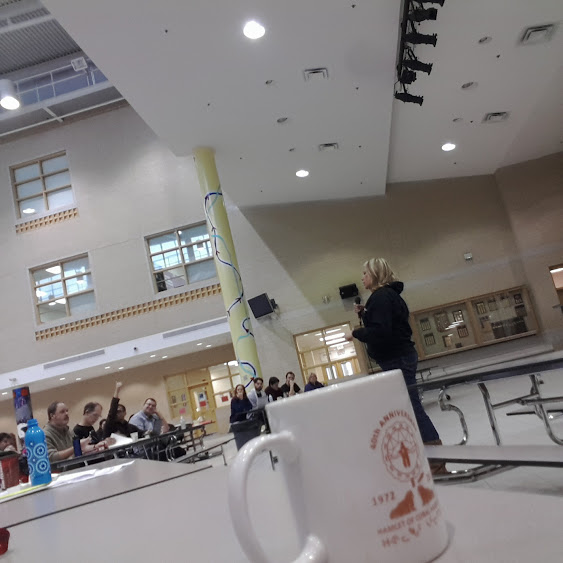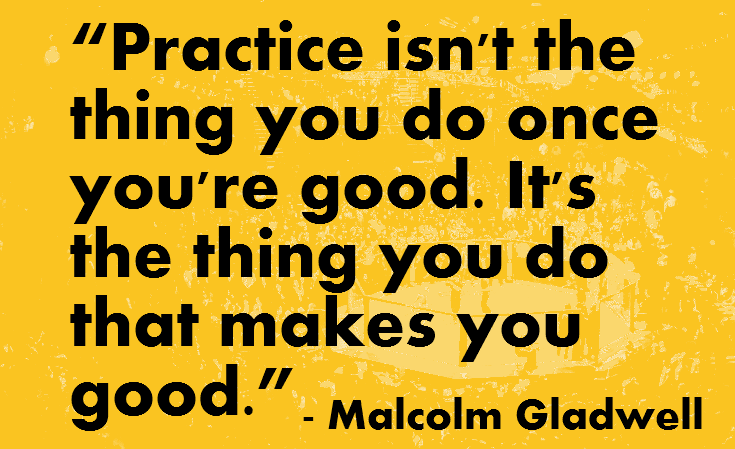Some people make leadership their life’s work, but I’m not one of them. I find managing other people tiresome and tedious. The only time I pursue leadership is if I feel it’s the only way to get things done. Getting things done is what I’m all about and with a few exceptions I prefer to do it without management hierarchy. I greatly enjoy collaborating and find few things more satisfying than a team working well together, but those teams are best when populated with experts pursuing their expertise, not when dictated to by a hands-off management expert.
I just completed a two year term as co-head of technology at my school. The only thing worse than leading is having to go to committee every time a decision has to be made, which is what the co-head structure was designed to do. Rather than get tangled up in that nonsense I focused on the things my co-head wasn’t conversant in, like communication and encouraging department improving extracurriculars. At no point was I embroiled in co-head who’s-the-boss arguments (as others were) or telling anyone what to do, though this approached baffled many of the other people on the leadership team. My co-head took care of safety and hard-tech shop requirements, I did the other things. We collaborated on things like sectioning, though even here there was sometimes friction. I wouldn’t recommend co-headships. At their best they are a compromise.
At the end of my tenure our department had re-established itself as one of the leaders in the board in Skills Canada participation, re-connected with board funding for technology and had become used to actually knowing what happens in leadership team meetings thanks to my detailed, live and often colourful note taking. I think I left the department in a more aware and positively engaged extracurricular place than I found it.
I’ve been a drill sergeant, I know how to bark orders and expect them to be obeyed. It is only in very hierarchical situations that a dominating leader can operate effectively. The punishments have to be immediate and the focus razor sharp. Everybody involved is usually willing to do this because you’re training for a life and death situation so you need to have your shit together. I enjoyed operating in an environment like that because expectations were clear and the efficiencies were obvious, but leadership in education is anything but clear on objectives and expectations (it’s managed by politicians).
It is such a relief to put that headship down. The lack of focus or clarity of purpose makes for a very murky operating environment. Everyone’s opinion is carefully listened to and then decisions happen seemingly of their own accord. Having to listen to people who think everyone should do what they tell them for hours at a time in Head’s meetings is one of my least favourite things to do. Trying to find quorum in a crowded room of conflicting self interests led to never ending discussions that never produced conclusions. A room where less was said for longer amounts of time I don’t think I’ve ever sat in.
Now that I’m free from the yoke of leadership I’m doing what I do best and doubling down my energy on research and development. I voluntarily took on too many sections of teaching again just to give my students opportunities to explore the technology they want to make their life’s work. We’re taking a run at cyber-security competition for the first time with ICTC’s Cyber Titan program. We’ve already put together a powerful roster of Skills Ontario competitors, and I’m pursuing half a dozen emerging technology initiatives. My seniors are building VR ready computers for schools across the board and we’re developing ipad based software for DD students to better understand emotional expression. We’ve repaired dozens of Chromebooks and other school hardware, installed software and enabled technology across the school. We’re also in the process of working out how to create immersive 360° video as an introduction to the school so that students can become familiar with the layout before they arrive. All that’s happening while I’m teaching five sections in three classes.
It’s my kind of work; it’s wide ranging, there are no right answers, there are no instructions because no one really knows how to do a lot of it, and it demands a real sense of discovery. Isn’t this just another form of leadership you ask? I’m certainly managing a lot of activity, but I’m back to my flat hierarchy where I work to develop expertise in my students so that they can self-govern their work (an expert is defined by how they design their work space in order to display their expertise). I don’t want a production line, or even submission to hierarchy, I want experts I can collaborate with in pursuing solutions to challenging, non-linear, real-world engineering problems. That might be the worst definition of leadership ever devised, but it’s what I value, and it’s the opposite of exhausting.
from Blogger http://ift.tt/2fqP0xo
via IFTTT





